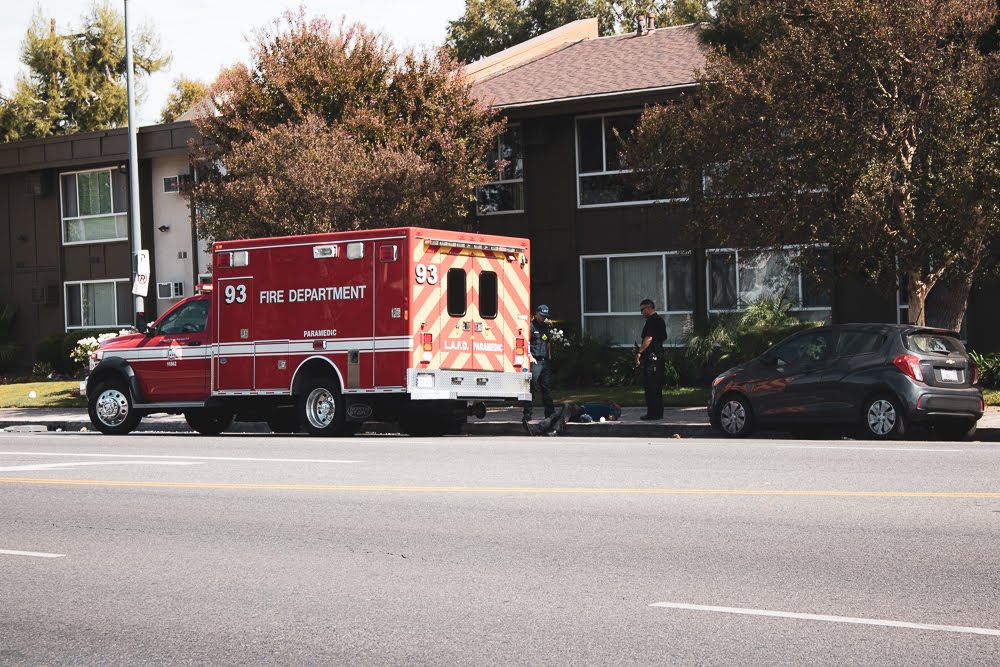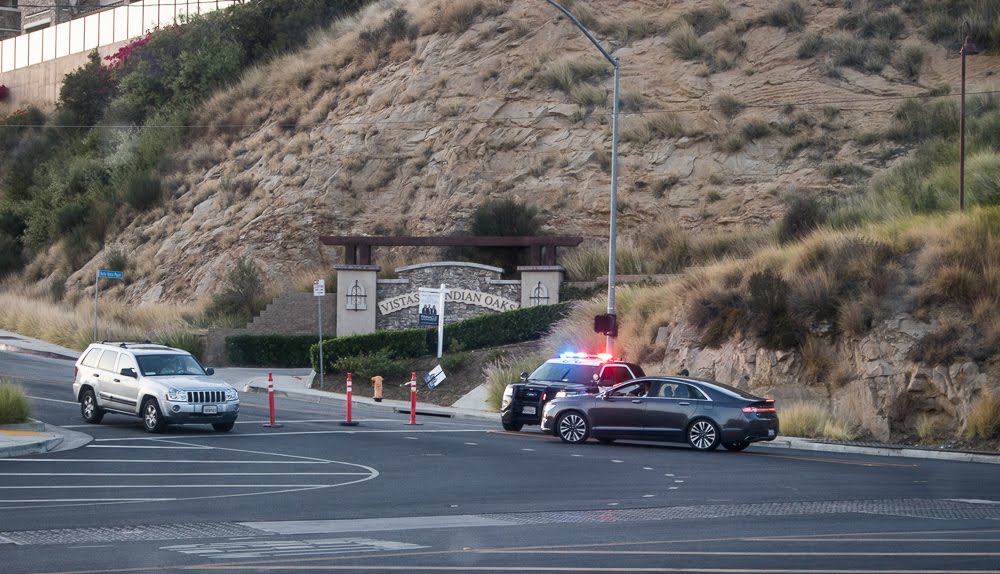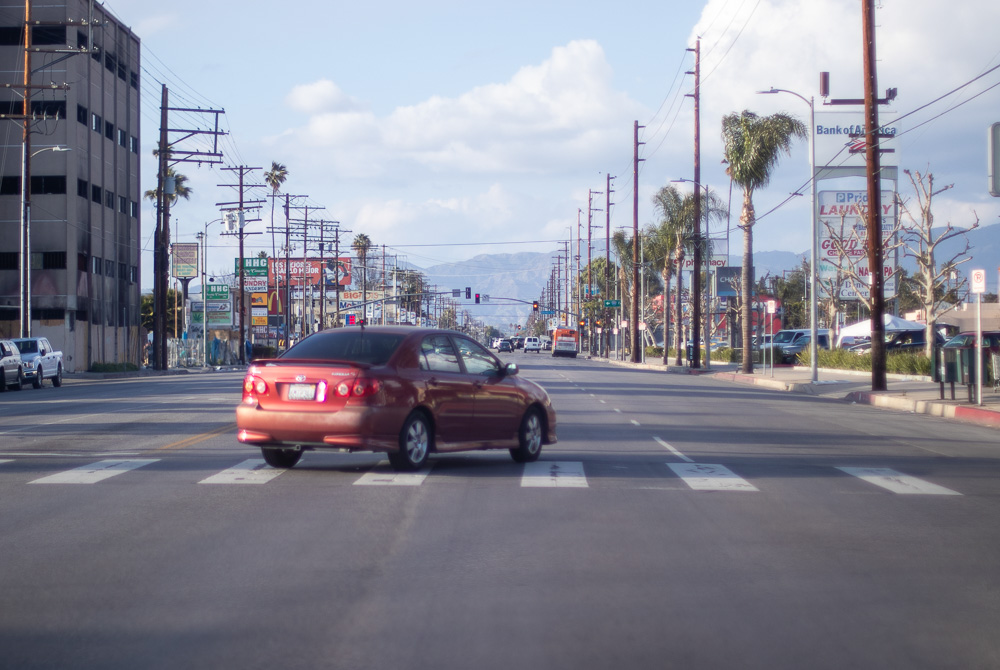We’ve all been there: You’re late for an important meeting, and a driver cuts you off or merges into your lane and then decides to drive 40 miles per hour in a 65 MPH zone. Or you’re trying to get to a child’s practice or a dinner date with friends, only you’re stuck in miles of congested traffic with no sign of movement.
Getting caught in traffic is an almost constant problem in cities like Philadelphia. Driving in heavy traffic can make anyone’s blood pressure rise. However, road rage — in which a motorist drives in a manner that puts others in danger — is a serious problem that can lead to fatal car accidents.
Road rage is also a growing problem across the country. A report from the National Highway Traffic Safety Administration (NHTSA) reveals that car accidents caused by road rage have increased by nearly 500 percent within the past 10 years. In 2015, about 467 car accidents were caused by road rage, which is an increase of 80 percent since 2006.
As people become more impatient behind the wheel, and traffic congestion gets worse, it’s predictable that road rage will continue to occur. Don’t delay contacting a Philadelphia car accident lawyer to discuss your case.
Being a Defensive Driver Can Make You Safer Behind the Wheel
While you can’t control how other people act behind the wheel, there are several things you can do while driving to protect yourself. The antidote for aggressive driving is defensive driving, and it involves being extremely alert and aware of other drivers on the road at all times. Here are some tips for being a good defensive driver.

Expect the Worst
No one can see into the future, and it’s impossible to predict every move a driver will make while on the road. However, being alert and keeping an eye on erratic drivers can give you a pretty good idea of their next possible moves. In other words, try to always expect the worst.
You shouldn’t expect other motorists to obey traffic laws. In fact, you should expect the opposite. Don’t assume that the driver next to you will use their turn signal or respect your position in your lane. Don’t count on other drivers to brake within a reasonable amount of time. It may sound pessimistic to expert the worst, but it can keep you safer behind the wheel.
Scan Ahead and Behind
You should always be scanning the road ahead for any potential sources of danger. For example, keep an eye out for traffic jams, construction zones, or people braking at the last moment as they approach a disabled or stopped vehicle on the side of the road.
Also, don’t forget to scan behind your vehicle. Many drivers pay attention to what is in front of them and forget entirely about cars approaching them from behind. If a driver aggressively comes up behind you, stay calm and maintain your current speed. Let them pass you and ignore them if they honk their horn or make rude hand gestures. It’s better to be safe than to indulge in a moment’s satisfaction of engaging in an altercation with a stranger you’re unlikely to ever see again.

Ignore Aggressive Drivers
When it comes to bullies, one of the best pieces of advice parents and teachers give is to ignore. When you ignore bullies, they tend to lose their steam. This is true for playground bullies, bullies at work, and even bullies on the road. By giving aggressive drivers attention, you only fuel their anger and irrationality. What makes interacting with an aggressive driver so incredibly dangerous, of course, is that your interaction takes place behind the wheel of a fast-moving vehicle that weighs thousands of pounds. When you don’t engage the other driver, they are more likely to be less provoked to continue the behavior.

Call the Police — Don’t Try to Video
If another motorist is endangering you on the road, safety experts say it’s best to immediately contact the police. While it might be tempting to take a video of the other driver’s bad behavior, filming a video while you’re driving could put you in danger — especially if the aggressive driver sees you and decides to retaliate.
If you have a passenger in your vehicle, you can ask them to take a video or to write down the other vehicle’s license plate number. If you’re driving alone, try to memorize the license plate number until you can pull over and write it down. If you’re going to pull over, make sure you can do so safely. If the other driver is following you, do not risk pulling over if it will escalate a situation or cause the driver to pull over next to you.
If you’ve been injured by someone who acted aggressively behind the wheel, you may be entitled to compensation for your injuries and other damages. Call Rand Spear Best Philadelphia Car Accident Attorneys to know all of your available options.
Media Contact:
Philadelphia Car Accident Attorney Rand Spear
T: 215-985-2424
Sources:
***ATTORNEY ADVERTISING***
Prior results cannot and do not guarantee or predict a similar outcome with respect to any future case. Recoveries always depend upon the facts and circumstances of each case, the injuries suffered, damages incurred, and the responsibility of those involved. This article is not to be considered advise, only the execution of the contingency agreement with this law firm will constitute an attorney-client relationship. The contents of this article are for general information only. If you would like to pursue a claim, please contact an attorney immediately to discuss your specific facts and circumstances regarding your claim. Some cases accepted by this law firm may be referred to or worked on by other lawyers, depending on the area of practice and specifics of a particular case.
Call or text (215) 985-2424 or complete a Free Case Evaluation form










